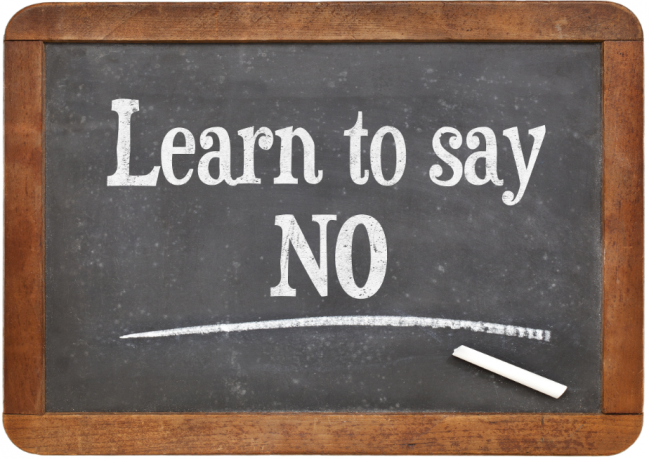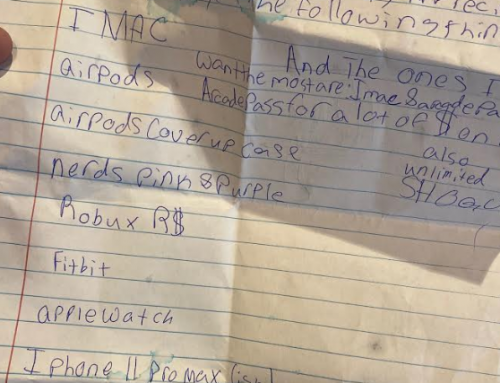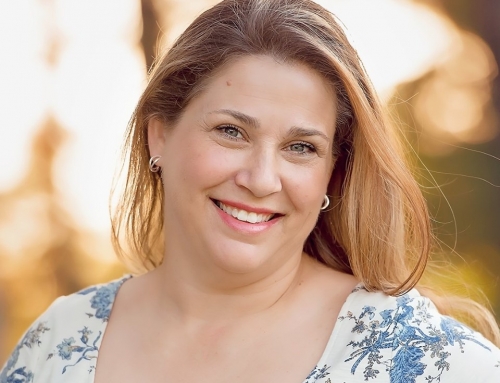When I was little, no meant no. If I responded to a no from my parents, I suffered the consequences. No was a serious thing. These days, no means something entirely different. No generally means something between “stop” and “please continue so I can say no again.” Parent use the word no and kids continue to do the very thing that they are told not to.
Now, of course, this is what kids do for a time. No is not some magic elixir that works each and every time we speak it. That said, it can be a pretty powerful tool when used correctly.
I really wondered about this so I started thinking about what was different. What was it about my generation that allowed for no to be …well…worth listening to? Why do kids largely ignore the request now? Here are some things I thought of:
Back then no was reserved for emergencies or serious things that required immediate attention.
In my generation, no meant something serious was going to happen if you continued. You were about to walk into traffic, for example. You were going to fall off of a cliff….skin a knee….burn your hand. You get the idea.
A firm and loud no was primarily used for those types of situations. When we heard that loud and firm no, we knew we had best stop what we were doing or pay the consequences that were invariably unpleasant.
Other things were often requested normally and the word stop was common. Please and thank you was used alot and kids would ultimately push too far.
The bottom line was that by the time you got to the word no, you were getting a swift pop on the rear end or you were about to get hurt by your actions.
These days, no is used passively. The word has no more meaning than any other word. Kids hear it and dismiss it because they know there are no circumstances. This can be quite damaging and can be a real problem when true emergencies do arrive. If you don’t have a go-to phrase to say in an emergency, how will your kid know it is time to stop before they get hurt?
No should be that word.
Kids also use the word no for power and control. They will begin to ape your constant use of the word and say it over and over again if you let them. Why? They are looking for some kind of power. They want something they can say that lets them win.
By only using the word no on occasions when it truly warrants immediate attention, you change the meaning of the word. Suddenly kids will see it as serious problem to avoid.
If your kids are blowing off the word no, perhaps you should look at the problem differently. Perhaps it is time to use the word no a bit more selectively and to communicate that change to your kids.
What ideas do you have about the power of the word no? Do you find it to be more effective as a last resort or an opening phrase to stop behaviors?









Leave A Comment